

Belief in G-d, Blind Faith or Reason?
Belief in G-d: Blind Faith or Reason?
Watch
Faith, Doubt and Logic
Some people think that being religious means shutting off one’s intellect and losing one’s uniqueness. In this excerpt, Rabbi Eliezer Sneiderman presents a very different take on the nuance and truth of religion and religious life.
Watch
What is Faith?
Watch this brilliant clip to learn what real faith is all about. It’s not blind belief and acceptance of information or values. Rabbi Dr. J. Immanuel Schochet illuminates the fundamental connection between faith and knowledge. True faith that is rooted in knowledge is exhibited in a person who synthesizes information and allows the logical consequences of this reality to have an affect on the way he or she lives.
Watch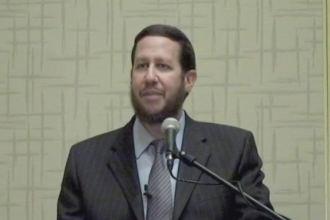
The Faith Factor: Does Anyone Still Believe?
Is faith really blind? Does it deny us the right to question and reason? Does faith even have a role to play in a modern society? How to bring G-d back into a G-dless society and communicate faith in the face of adversity.
Watch
Role of Faith in Judaism
Can I be a “good Jew” if I struggle with faith?”
Is faith a crutch deployed when all else fails or is it the roadmap to successful living? In Jewish tradition, faith is more than just believing in the Creator of the universe. It’s about accessing and feeling an extraordinary power in every fiber of your being.
This engaging lecture will take you on an exciting journey into your inner space and to a vantage point of clearer perspective of life’s opportunities and challenges.
Watch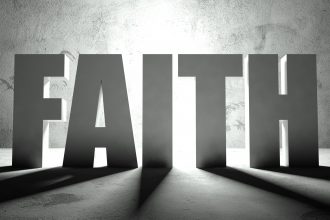
Faith and Reason
By Yanki Tauber It’s not just that they’re natural antagonists, but that they seem to inhabit two different, never-intersecting planes. Faith is unequivocal; reason…
Read More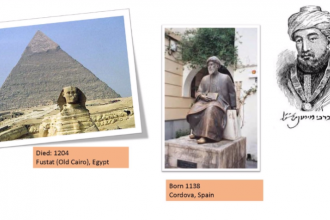
Maimonidies and the Rebbe

The Controversy of Maimonides
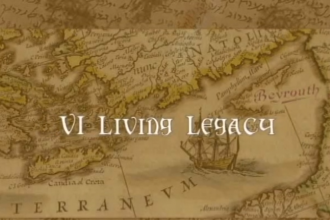
Maimonides: Living Legacy
Beyond Belief, Lesson Six: Perfect World
What is G-d’s ultimate vision for His creation? Where are we headed? And how does our concept of a perfect world affect the way we live our lives today? In this lesson we examine the Jewish beliefs of Mashiach and the resurrection of the dead, and how these ideas critically inform our present.

Understanding the Reason of Mitzvot

Maimonides: The Great Talmudist
Beyond Belief, Lesson Five: Seeking Heaven
In Lesson Two, we saw that G-d speaks to us through the prophets, but can we also speak to G-d? What can we learn about ourselves from the way in which we choose to pray? How does G-d respond to our actions and our words? Do we have to wait till after we die to find our eternal reward? Or can we find heaven (and hell) on earth? In this lesson, we examine prayer as a form of self-assessment, as well as G-d’s reward and punishment of our actions.
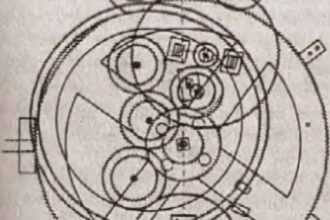
Maimonides: The Great Philosopher
Beyond Belief, Lesson Four: Knowing G-D
Rambam describes G-d not first as Creator of the Universe, but as a personal G-d and Redeemer. We will discover that the first four principles are not meant to describe the “how” of creation, but the “why” of creation. Our understanding of the nature of G-d is a logical outgrowth of our reflection about the purpose of our being.

Maimonides’ Correspondence
Beyond Belief, Lesson Three: Universal Code
What are the implications of views the Torah is an unchanging eternal text? What would be different if we thought of it as a flexible evolving document that retained its central core but was adaptable in its details? This lesson describes an understanding of Torah as much more than a holy book. It is the spiritual DNA of our souls and our universe, an unchanging and unchangeable code that defines who we are and what we are meant to become.

Maimonides: Life In Egypt
Beyond Belief, Lesson Two: Hearing the Voice
Why do we need prophets? How does one become a prophet? How does it feel to receive prophecy? How can we distinguish real prophets from false prophets? Are there prophets today? Prophecy is a realm that seems to us almost surreal, magical, beyond our experience. And yet Rambam identified prophecy as a critical linchpin of our faith. Examine the critical role of prophecy in a world in which G-d communicates with His creation.

Maimonides: Life and Legacy
Beyond Belief, Lesson One: Beyond Belief
Is faith blind? In the Jewish sense, faith is less an act of unquestioning belief than an act of faithfulness, integrity, and trust. Rambam’s principles are the thirteen “big ideas” that form the basis of our powerful bond with G-d. In our first lesson, we examine the principle of G-d’s omniscience, a worldview that contrasts starkly with the Greek belief that G-d created the world and then left it to its own devices. This principle lays the groundwork for a personal and intimate relationship with G-d.

